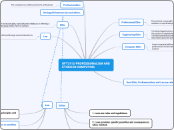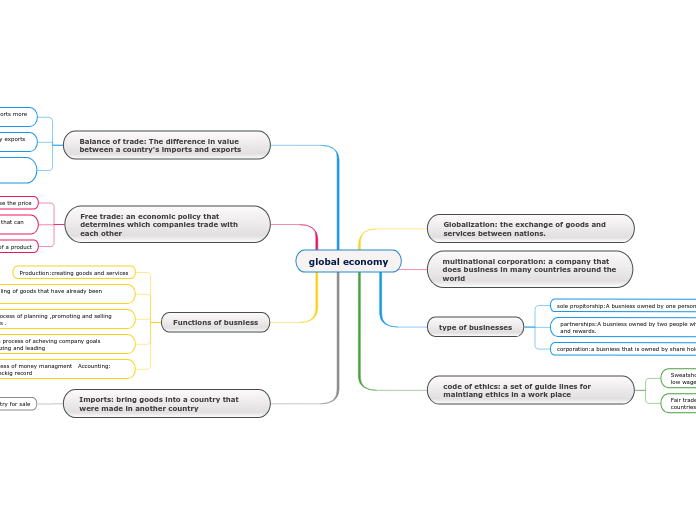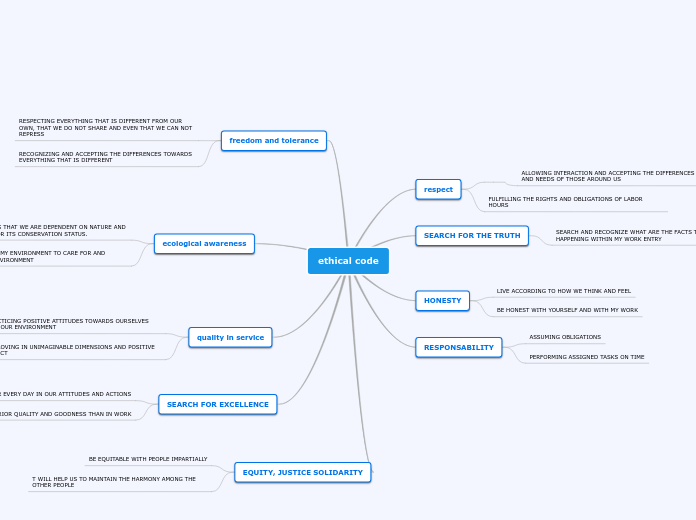作者:mindo momo 8 年以前
827
DFT3112-PROFESSIONALISM AND ETHICS IN COMPUTING
The text explores the intersection of professionalism and ethics within computing, emphasizing the importance of understanding laws, responsibilities, and moral principles in this domain.









